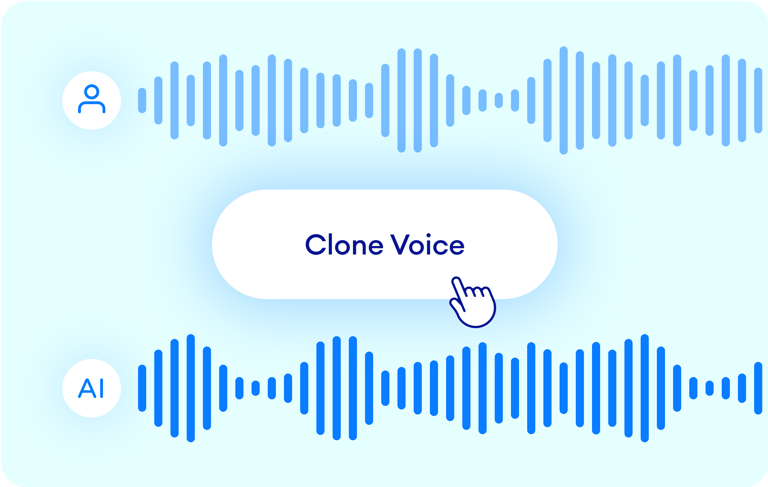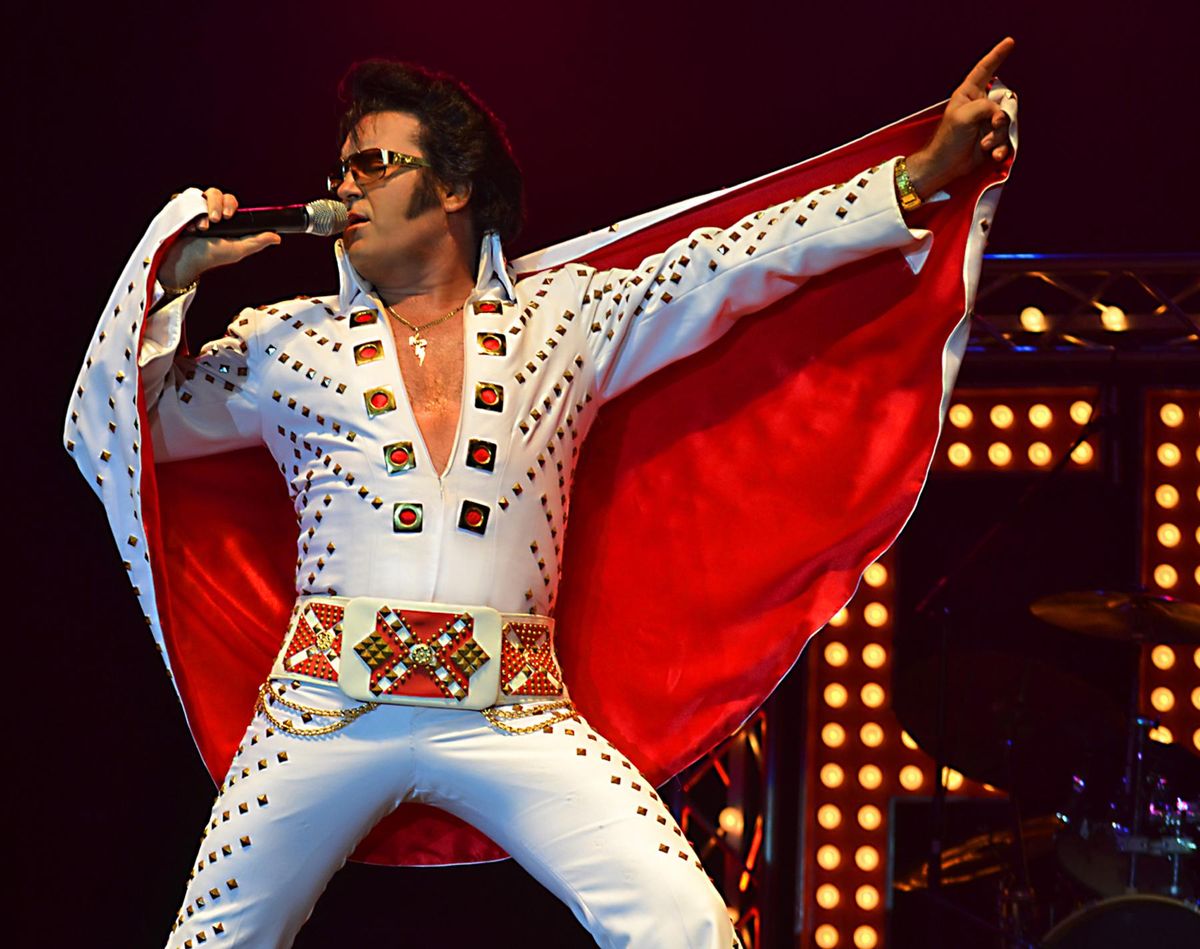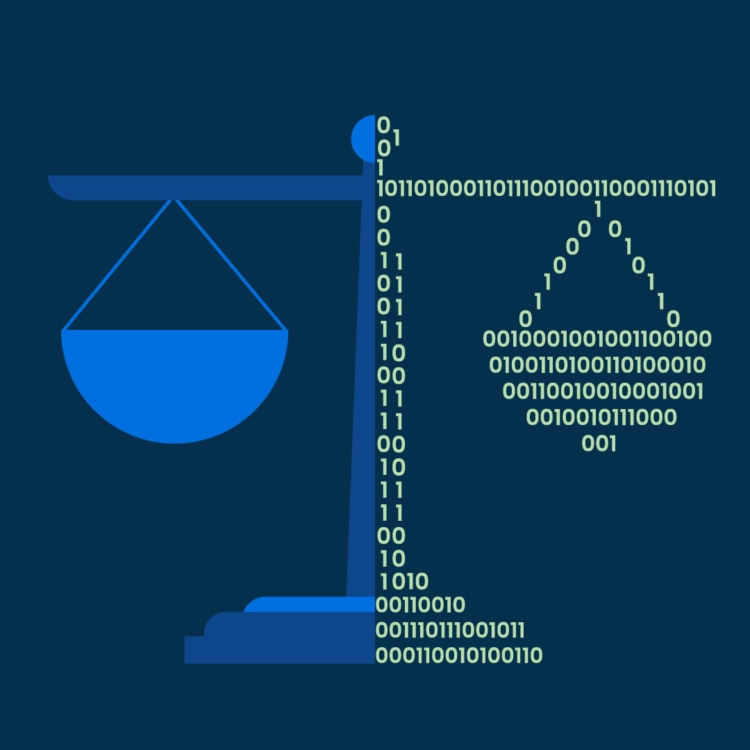 The EU AI Act: Pioneering Regulatory Framework for Artificial Intelligence
The EU AI Act: Pioneering Regulatory Framework for Artificial Intelligence
By Audrey Zhang Yang
Introduction
On July 12, 2024, the European Union marked a significant milestone in Artificial Intelligence (AI) regulation with the official publication of Regulation 2024/1689, commonly known as the EU AI Act, in the Official Journal of the European Union.[1] This landmark legislation, comprising 180 recitals, 113 Articles and 13 annexes, establishes a comprehensive framework for the development, deployment, and use of AI systems within the EU.[2] The Act aims to safeguard fundamental rights, ensure public safety, and promote ethical, trustworthy, and human-centric AI innovation.
This work examines the key provisions of the EU AI Act, its scope of application, the risk-based classification system, and the implementation timeline. It also explores the potential impact on various stakeholders in the AI ecosystem and considers the challenges and opportunities presented by this groundbreaking regulation.







